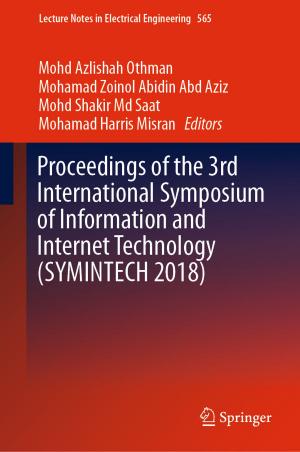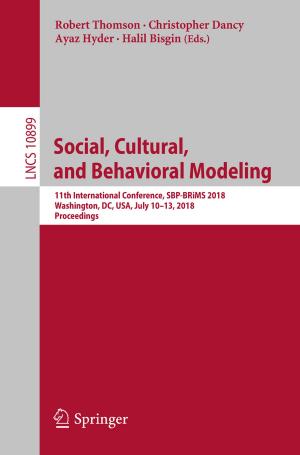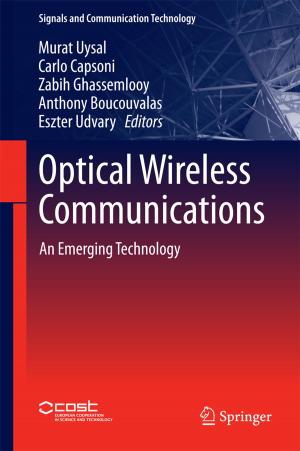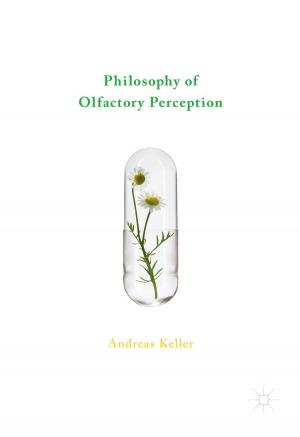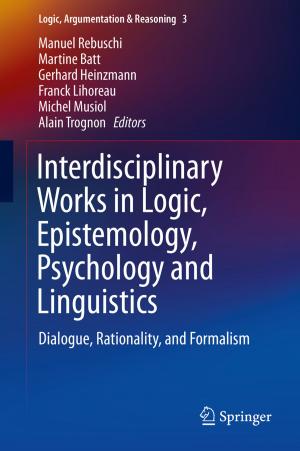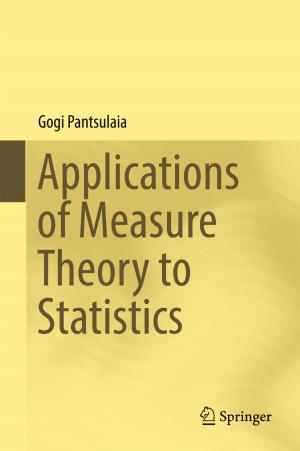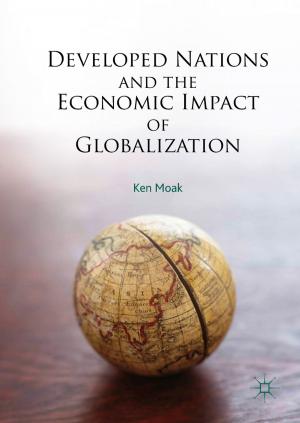History as a Science and the System of the Sciences
Phenomenological Investigations
Nonfiction, Religion & Spirituality, Philosophy, Phenomenology, Epistemology| Author: | Thomas M. Seebohm | ISBN: | 9783319135878 |
| Publisher: | Springer International Publishing | Publication: | April 9, 2015 |
| Imprint: | Springer | Language: | English |
| Author: | Thomas M. Seebohm |
| ISBN: | 9783319135878 |
| Publisher: | Springer International Publishing |
| Publication: | April 9, 2015 |
| Imprint: | Springer |
| Language: | English |
This volume goes beyond presently available phenomenological analyses based on the structures and constitution of the lifeworld. It shows how the science of history is the mediator between the human and the natural sciences. It demonstrates that the distinction between interpretation and explanation does not imply a strict separation of the natural and the human sciences. Finally, it shows that the natural sciences and technology are inseparable, but that technology is one-sidedly founded in pre-scientific encounters with reality in the lifeworld. In positivism the natural sciences are sciences because they offer causal explanations testable in experiments and the humanities are human sciences only if they use methods of the natural sciences. For epistemologists following Dilthey, the human sciences presuppose interpretation and the human and natural sciences must be separated. There is phenomenology interested in psychology and the social sciences that distinguish the natural and the human sciences, but little can be found about the historical human sciences. This volume fills the gap by presenting analyses of the material foundations of the "understanding" of expressions of other persons, and of primordial recollections and expectations founding explicit expectations and predictions in the lifeworld. Next, it shows, on the basis of history as applying philological methods in interpretations of sources, the role of a universal spatio-temporal framework for reconstructions and causal explanations of "what has really happened".
This volume goes beyond presently available phenomenological analyses based on the structures and constitution of the lifeworld. It shows how the science of history is the mediator between the human and the natural sciences. It demonstrates that the distinction between interpretation and explanation does not imply a strict separation of the natural and the human sciences. Finally, it shows that the natural sciences and technology are inseparable, but that technology is one-sidedly founded in pre-scientific encounters with reality in the lifeworld. In positivism the natural sciences are sciences because they offer causal explanations testable in experiments and the humanities are human sciences only if they use methods of the natural sciences. For epistemologists following Dilthey, the human sciences presuppose interpretation and the human and natural sciences must be separated. There is phenomenology interested in psychology and the social sciences that distinguish the natural and the human sciences, but little can be found about the historical human sciences. This volume fills the gap by presenting analyses of the material foundations of the "understanding" of expressions of other persons, and of primordial recollections and expectations founding explicit expectations and predictions in the lifeworld. Next, it shows, on the basis of history as applying philological methods in interpretations of sources, the role of a universal spatio-temporal framework for reconstructions and causal explanations of "what has really happened".

